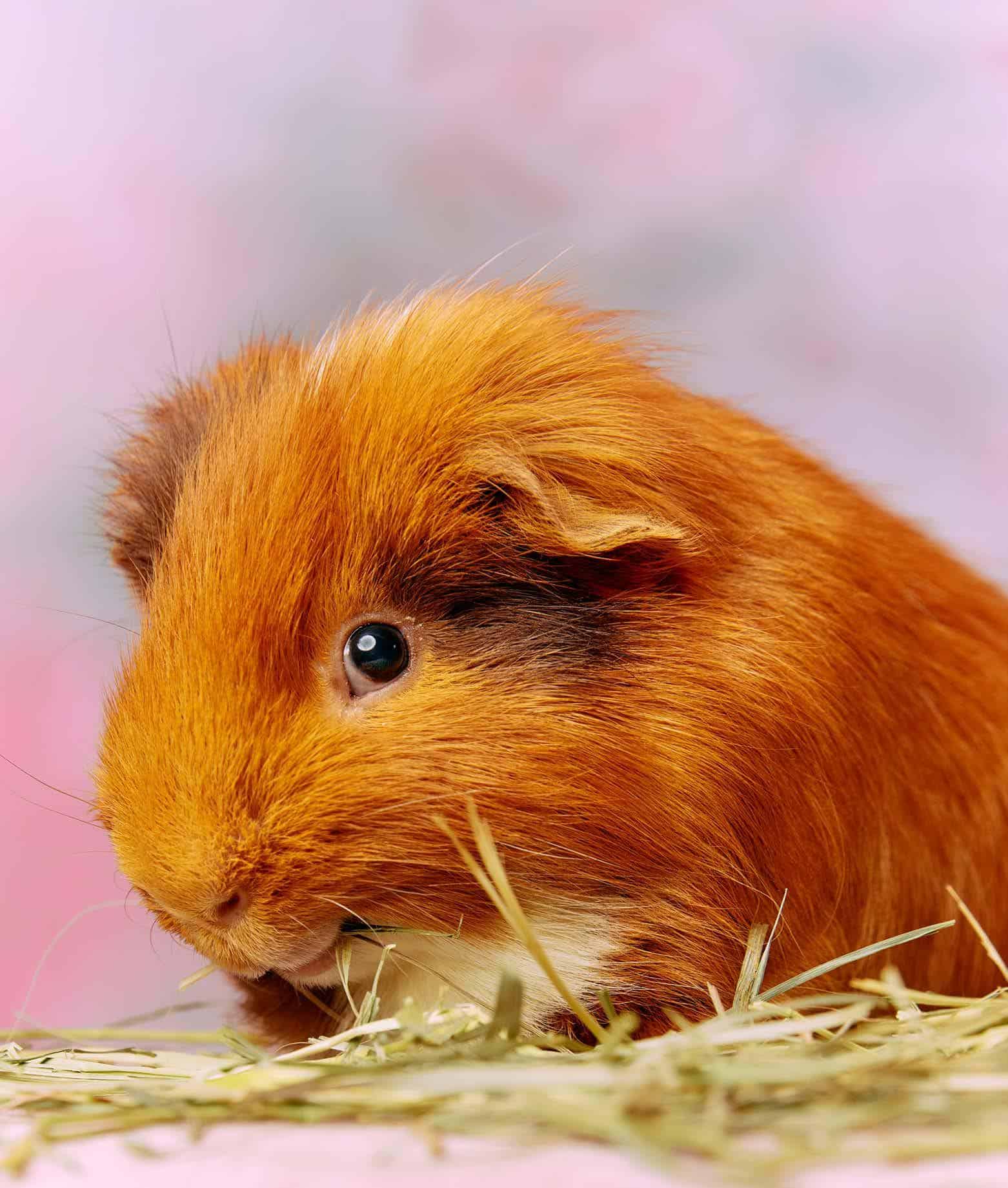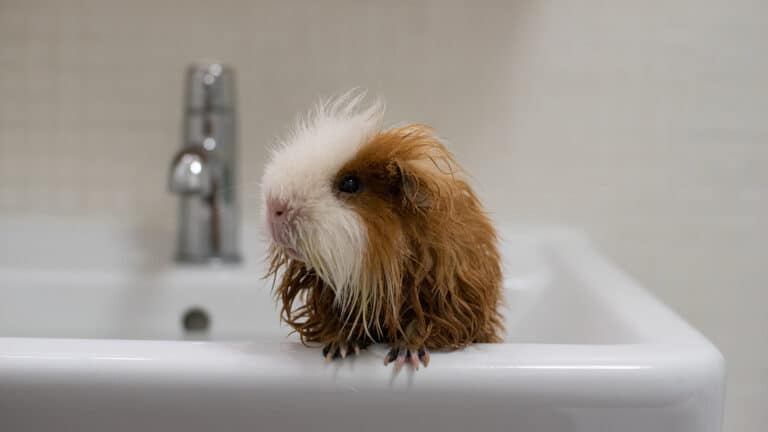Why Is My Guinea Pig Chirping
Have you ever wondered why your adorable guinea pig is chirping? Well, we’re here to shed some light on this intriguing behavior. In this article, we’ll explore the possible reasons behind guinea pig chirping, unveil the secrets of their vocalizations, and discuss how health issues and environmental factors can contribute to this unique sound.
So, if you’re seeking answers and tips to help your chirping companion, you’ve come to the right place. Let’s dive into the fascinating world of guinea pig chirping together!
Key Takeaways
- Chirping is a way for guinea pigs to express distress or fear.
- Chirping can indicate excitement or happiness in guinea pigs.
- Chirping can be a sign of dental problems or respiratory infections in guinea pigs.
- Creating a comfortable and stimulating environment, along with providing a balanced diet, can help alleviate chirping behavior in guinea pigs.
Possible Reasons for Chirping
One possible reason for our guinea pig chirping could be that it is feeling anxious or scared. Guinea pigs have different communication methods to express their emotions, and chirping is one of them. Chirping is often associated with distress or fear and is a way for guinea pigs to vocalize their discomfort.
When a guinea pig feels threatened or stressed, it may chirp to alert its companions or caregivers of potential danger. Additionally, chirping can also serve as a form of bonding between guinea pigs.
They use this vocalization to establish and maintain social connections within their group. So, if you hear your guinea pig chirping, it’s important to assess the situation and provide a safe and comforting environment for them to alleviate their anxiety or fear.
Understanding Guinea Pig Vocalizations
We can understand guinea pig vocalizations by learning about the different sounds they make. Guinea pigs have a range of vocalizations that they use to communicate with each other and with humans. Here are some key ways to interpret their vocalizations:
- Chirping: Guinea pigs often chirp when they are excited or happy. It’s their way of expressing joy and contentment.
- Purring: Similar to cats, guinea pigs purr when they are feeling relaxed and comfortable. It’s a soothing sound that indicates they are at ease.
- Whistling: Guinea pigs may whistle when they are frightened or startled. It’s a high-pitched sound that serves as an alarm call to signal danger.
- Teeth chattering: This sound is a sign of aggression or fear. Guinea pigs may chatter their teeth when they feel threatened or when they are trying to establish dominance.
- Wheeking: Perhaps the most well-known guinea pig sound, wheeking is a high-pitched squeal that they make when they are hungry or excited. It’s their way of requesting food or attention.
Understanding these vocalizations can help us better communicate with and care for our guinea pig companions.
Health Issues That Can Cause Chirping
When guinea pigs chirp, it can be a sign of health issues that we should be aware of. While chirping is a natural vocalization for guinea pigs, it is important to pay attention to any changes in their chirping patterns. Respiratory infections are one common health issue that can cause guinea pigs to chirp.
These infections can lead to congestion, coughing, and difficulty breathing, causing the guinea pig to chirp in distress. Dental problems can also cause chirping in guinea pigs. Overgrown or misaligned teeth can cause pain and discomfort, leading to chirping as a way to communicate their discomfort.
If you notice your guinea pig chirping excessively or in a different manner than usual, it is crucial to seek veterinary attention to determine the underlying health issue and provide appropriate treatment.
Environmental Factors and Chirping Behavior
As guinea pig owners, we should be aware that certain environmental factors can influence their chirping behavior. Guinea pigs are social animals and require social interaction to thrive. Lack of socialization can lead to stress and anxiety, which may manifest as increased chirping.
Additionally, diet and nutrition play a crucial role in a guinea pig’s overall well-being. A poor diet lacking in essential nutrients can lead to health issues and discomfort, causing increased vocalization.
Other environmental factors that can influence chirping behavior include temperature fluctuations, noise levels, and cage size. It is important to provide a comfortable and stimulating environment for our guinea pigs to minimize stress and promote their overall happiness.
Tips to Help Your Chirping Guinea Pig
To alleviate chirping in our guinea pigs, we can ensure they have a balanced diet and provide a comfortable living environment. Understanding guinea pig body language is crucial for building a strong bond with our furry friends. Guinea pigs communicate through various body movements and sounds, such as chirping.
Chirping can indicate excitement, fear, or even pain. By observing their body language, we can better understand their needs and respond accordingly. Additionally, bonding with our guinea pigs is essential for their overall well-being. Spending quality time with them, talking to them softly, and offering treats can help foster trust and companionship.
Remember, guinea pigs are social creatures, and they thrive on attention and affection. By creating a nurturing and loving environment, we can minimize chirping and ensure our guinea pigs are happy and content.
Conclusion
In conclusion, understanding why your guinea pig is chirping can be a result of various factors such as communication, health issues, or environmental factors. By paying attention to their vocalizations and observing their behavior, you can gain insight into their needs and well-being.
Remember to provide a comfortable and enriching environment for your guinea pig, and seek veterinary advice if you notice any concerning changes in their chirping behavior. By doing so, you can ensure the happiness and health of your chirping companion.







